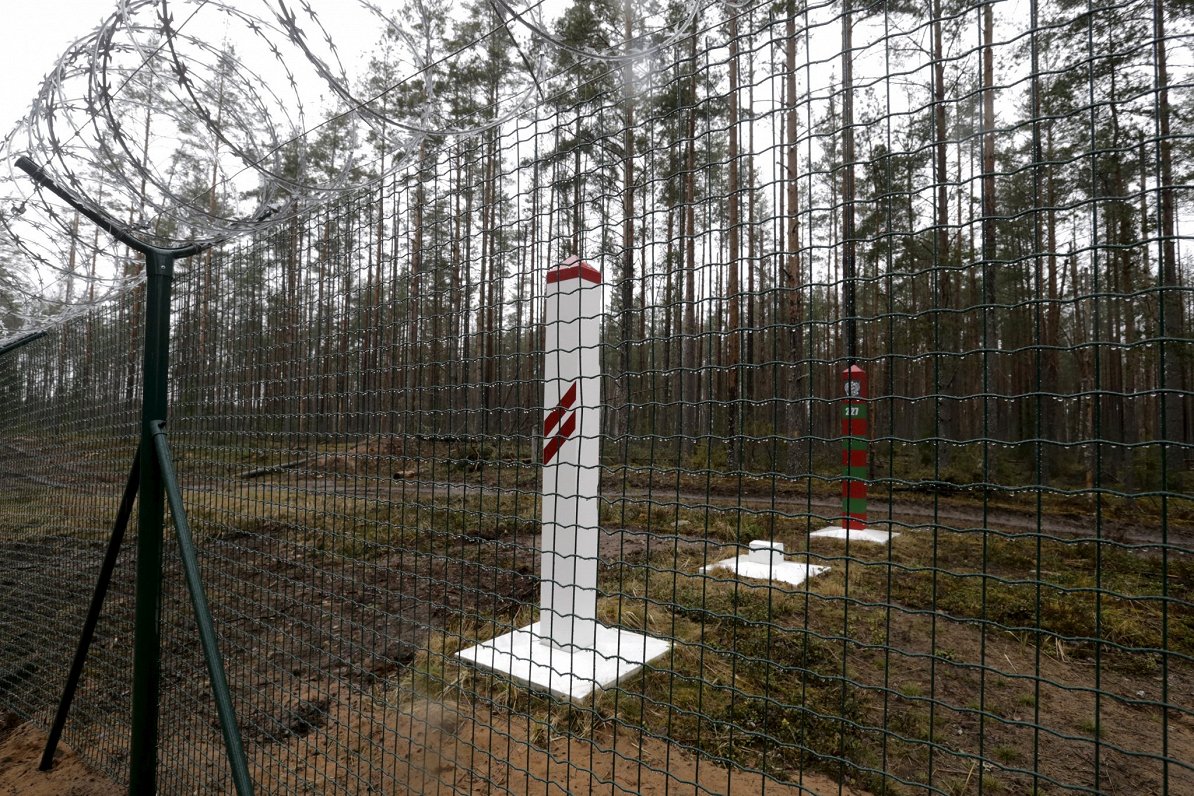In light of the decision taken by Russia regarding mobilization, which aims to intensify hostilities on the territory of Ukraine, and the need to address the potential threat to Latvia's internal security, the government decided to announce a state of emergency from September 28 to December 26 at border crossing points and in several adjacent areas.
The emergency will be in force in the municipalities of Alūksne, Balvi and Ludza, as well as all border crossing points of ports, airports, airfields and railways. Due to the increased pressure on illegal immigration from Belarus, the Latvian government has already declared an emergency in the municipalities of Ludza, Krāslava, and Augšdaugava since August 11 last year, as well as in Daugavpils. It has been extended several times so far and currently is in force until November 10.
The government also decided on Tuesday to close the Pededze crossing point and instructed the State Border Guard to carry out enhanced surveillance of the border between Latvia and Russia. The border guard also has been tasked with carrying out a careful inspection of the arriving Russian citizens.
The government also decided to provide assistance from the National Armed Forces, the State Police and the State Security Service in securing border controls. All service work will be compensated.
Following the decision by Russia on September 21 to announce partial mobilization aimed at reinforcing hostilities in Ukraine, a large number of Russian citizens are expected to leave Russia. Consequently, there is a possibility that the situation at border crossing points on the border of Latvia and Russia may change rapidly, said the Ministry of Interior. Similarly, given the restrictions on entry to Latvia imposed on Russian citizens, it is likely that persons will attempt to cross the border illegally.
According to the information distributed on Tuesday by the Ministry of Interior and the State Border Guard, 57 Russian citizens have been refused entry to Latvia since September 19, while 2,475 Russian citizens entered the country legally. Meanwhile, 2,332 citizens of Russia departed from Latvia.
Since September 19, the flow of Russian citizens to Latvia's neighboring countries has increased. Around 11,000 Russian citizens have arrived in Estonia, but 22 people have been refused entry, while 11,570 have arrived in Lithuania, while 166 have been refused, said the Ministry.
16 Russian citizens have requested asylum. The majority indicated the lack of support or persecution of Russian policy as a motivation, while two are forced to seek asylum due to the mobilization announced. A humanitarian visa has been issued to one Russian citizen because a funeral was to be attended in Latvia.
The last illegal crossing of the Latvian-Russian Green border was registered on August 24, and in this case the Russian citizen requested asylum after arrest. A total of 30 people have been detained this year for illegally crossing the border.
The Ministry of Interior has previously indicated that the main reasons why the emergency would be necessary are the possibility to raise additional resources for border protection if more people on the Russian side tried to enter Latvia. In the event of an emergency, checks and registrations for these people could also be organized more quickly.





























